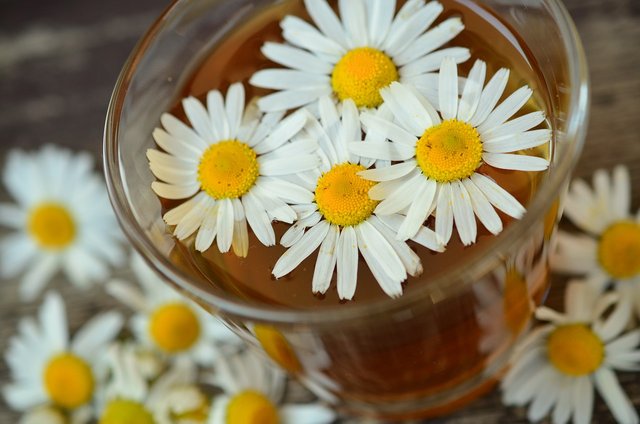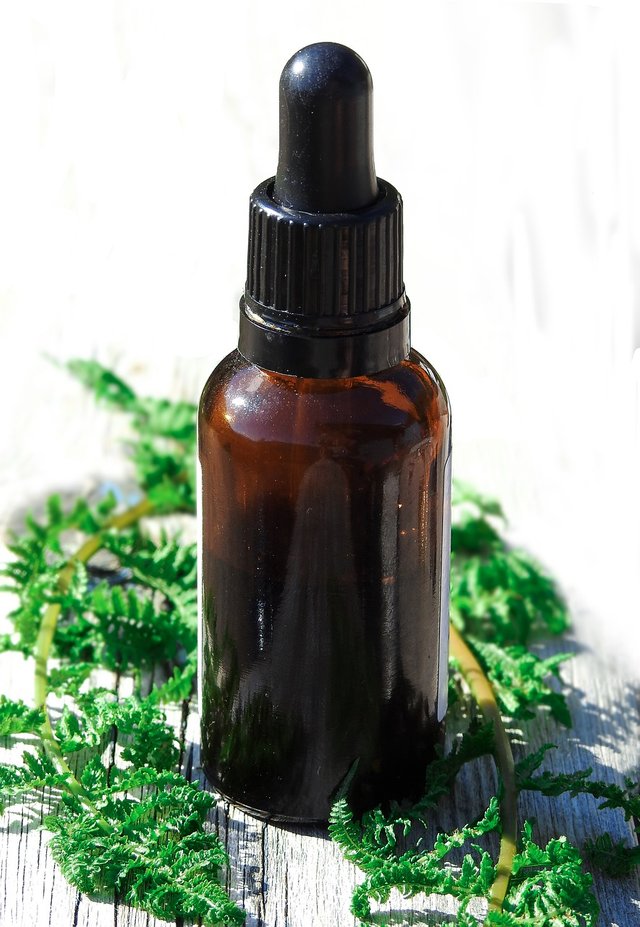Herbal Remedies and Children (Part of 5 of 5)
Herbal Teas

Teas, a.k.a tisanes or hot infusions, are another effective way to get herbal medicines into children. The great thing about teas is that they can be sipped on throughout the day as long as you are meeting and not exceeding your dosage. Depending on what herbs you are using and for what condition one is treating, they may be allowed to cool and be refrigerated for iced tea, can be added to soups, juices, smoothies, or made into popsicles.
Teas should not be used on children younger than six months of age and should be used cautiously in children under 12 months old.
Dosage is based on how much-dried herb compared to the amount of hot water is used to steep, how long it is steeped for, and how many cups to drink. Herbal teas used medicinally should always be covered while steeping so the volatile oils do not evaporate, thus losing some of the medicinal properties. Most herbal teas give general dosages, not medicinal dosages on the box. Those that do give medicinal dosages are in adult dose, not doses appropriate for children.
Tinctures

Tinctures are infusions made in alcohol or glycerine; they take a few weeks to make. They are a quick and easy way to give children herbal remedies. In general, the same rules apply to tinctures as any botanical remedy in regards to their effect on symptoms and when improvement should be seen.
Traditionally Children under one year of age should avoid tinctures. As mentioned above, tinctures are made in alcohol or glycerine, if you cannot find the correct tincture in glycerine you can deactivate the alcohol by adding it to a little hot water and letting it cool. Tinctures may be added to a little water as it may cause a burning sensation and/or possible mucous membrane irritation. They should be administered on an empty stomach.
Most tinctures have adult doses on the label, so one would have to calculate the appropriate dosage for a child. It is also important to note that not all herbal remedies are appropriate for children, to find out which ones are safe & to have proper dosages calculated sit down with an Herbalist or Naturopathic Doctor.
To finalize this five-part series, Herbal Remedies are a wonderful way of improving the health of little ones, however, it should be respected and it is recommended to seek the advice of a “qualified” health practitioner who is trained in the science and art of herbalism. It is also important to use common sense if your child's health is not improving or getting worse you should take them to their family doctor, clinic or hospital.
Dana Clark, CNHP, CHN, CHC, CLE